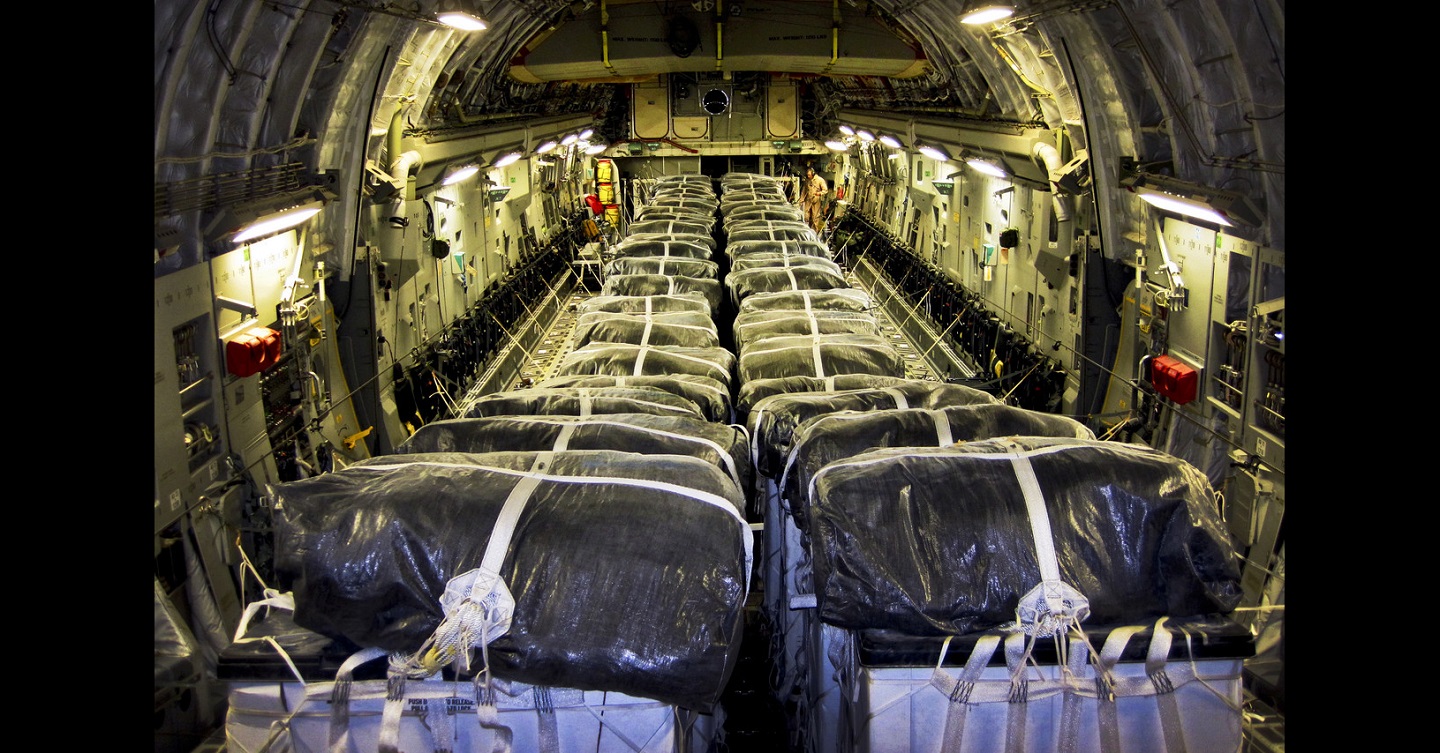To really have a successful mission you have to be willing to stay
A BETTER PEACE welcomes Mary Elizabeth Walters to discuss to calculus of humanitarian operations involving the U.S. military. The decision to render aid or enter into humanitarian operations in another country isn’t always an easy one. It may seem like a simple endeavor, help wherever and whoever you can, but what happens when helping ends up hurting in the long run? Mary Elizabeth and WAR ROOM Editor-In-Chief Jacqueline Whitt sit down in the studio to discuss the question “When should the United States execute humanitarian operations and what questions should be asked and answered before it begins?”
Podcast: Download
Dr. Mary Elizabeth Walters is an Assistant Professor of history at Kansas State University. Jacqueline E. Whitt is an Associate Professor of Strategy at the U.S. Army War College and the Editor-in-Chief of WAR ROOM. The views expressed in this presentation are those of the speakers and do not necessarily reflect those of the U.S. Army War College, U.S. Army, or Department of Defense.
Photo Description: Water bundles align a C-17 Globemaster III prior to a humanitarian air drop, Aug. 8, 2014, Al Udeid Air Base, Qatar. The 816th Expeditionary Airlift Squadron aircrew, air dropped 40 bundles of water for Iraqi refugees during a humanitarian air drop over Iraq.
Photo Credit: U.S. Air Force photo by Staff Sgt. Vernon Young Jr.
Articles and Episodes related to this topic:
WHY DOES THE MEDIA COVER STORIES IN SOME COUNTRIES … BUT NOT OTHERS?
THE CONNECTION BETWEEN PEACEKEEPING AND INCREASED SEX TRAFFICKING

